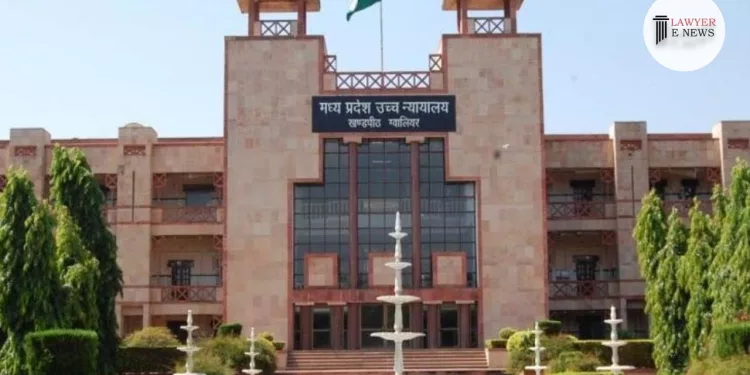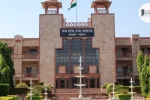Imposed Fine of Rs. 1 Lakh On Wife – Courts Not Meant for Settling Personal Scores in Matrimonial Disputes – Quased FIR Post Mutual Divorce Settlement: MP HC

The High Court of Madhya Pradesh, in a significant judgement, addressed the issue of quashing FIRs and criminal proceedings in matrimonial disputes. The court dealt with petitions under Section 482 of Cr.P.C. for quashing an FIR lodged under various sections of the IPC following a mutual divorce settlement.
Facts and Issues: The petitions filed by Anshul Gupta and his parents contested the FIR lodged by respondent No. 2, Gupta’s former wife, under IPC sections including 498A (husband or relative of husband of a woman subjecting her to cruelty), 323 (punishment for voluntarily causing hurt), 506 (punishment for criminal intimidation), among others. The primary issue was the non-withdrawal of the case by respondent No. 2 despite a mutual divorce decree, where she agreed to withdraw all pending cases against the petitioners.
Court’s Assessment:
Abuse of Legal Process: The court highlighted the misuse of the legal process by the respondent, noting, “the criminal complaint… was filed by the wife only to harass the respondents.”
No Substantiation of Section 313 IPC Charge: The allegations under Section 313 (punishment for causing miscarriage without woman’s consent) were scrutinized, with the court finding no substantial evidence supporting these claims.
Deliberate Non-Withdrawal by Respondent: Justice Abhyankar observed the deliberate non-withdrawal of the case by the respondent post the mutual divorce settlement, terming it as an abuse of court’s process.
Decision: The court allowed the petitions, quashing the FIR and subsequent criminal proceedings. It also imposed costs of Rs. 1 lakh on respondent No. 2 for misusing the court’s process, to be paid to the petitioner.
Date of Decision: 01 March 2024.
Anshul vs. The State of Madhya Pradesh & Anr.,






